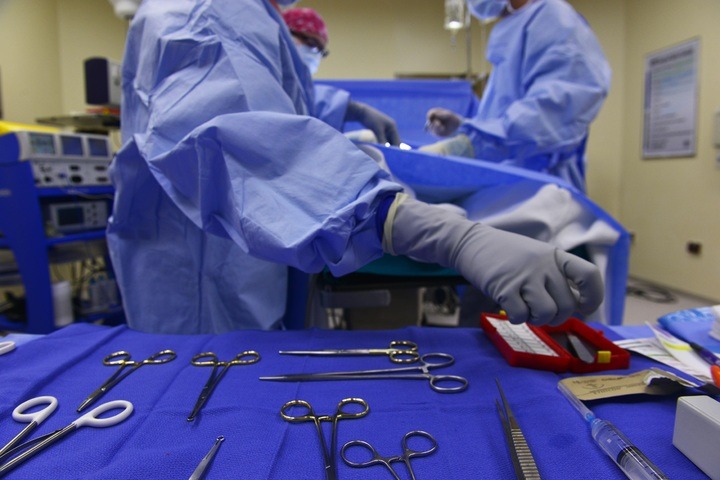Treatment of cancers of the oesophagus and pancreas will in future be restricted to specialised centres, the federal health minister Maggie De Block has decided. De Block is currently between two jobs: health minister since 2014, and migration minister under the new minority coalition.
The two cancers are among the most difficult to treat, and De Block reasons that treatments should be left to those hospitals with the most experience. That means oncology departments which treat a minimum of 20 cases a year of each condition.
According to the latest available figures, in 2014 55 hospitals treated cases of cancer of the oesophagus; 33 of them saw four patients or fewer in the year. Only three cleared the bar of 20 cases – the university hospitals in Ghent and Leuven, and the Erasmus hospital in Brussels.
When it comes to pancreatic cancer, 55 hospitals treated the condition in 2017, but only eight saw more than 20 patients.
Meanwhile figures show that deaths following surgery in hospitals treating more than 20 cases a year fall dramatically, from 3.9% after 30 days and 9.3% after 90 days for oesophageal cancer to 1.3% and 5.2%. In the case of pancreatic cancer, the mortality rate drops from 3.9% to 1.7% after 30 days, and from 7.8% to 5.6% after 90 days.
In order to be allowed to carry out treatments of the two cancers, hospitals will have to apply for a permit from the medical insurance agency Riziv. Ghent and Leuven university hospitals are certain to be approved, as they are not only teaching hospitals, they also handle the majority of cases in the country.
However, hospital associations will also be considered for permits – for example when a group of hospitals counted together pass the 20-case limit. In those cases, though, only one of the group will be approved for operations. According to De Block, in the end there could be eight hospitals for oesophageal cancer, and a maximum of 14 for pancreatic cancer.
“This decision is a very important step in the reform of the hospital landscape," said Marc Peeters of the Antwerp university hospital and chair of the College of Oncology in De Standaard. “It is backed up by data that show clearly that there is a link between the number of operations carried out and mortality.”
Alan Hope
The Brussels Times

